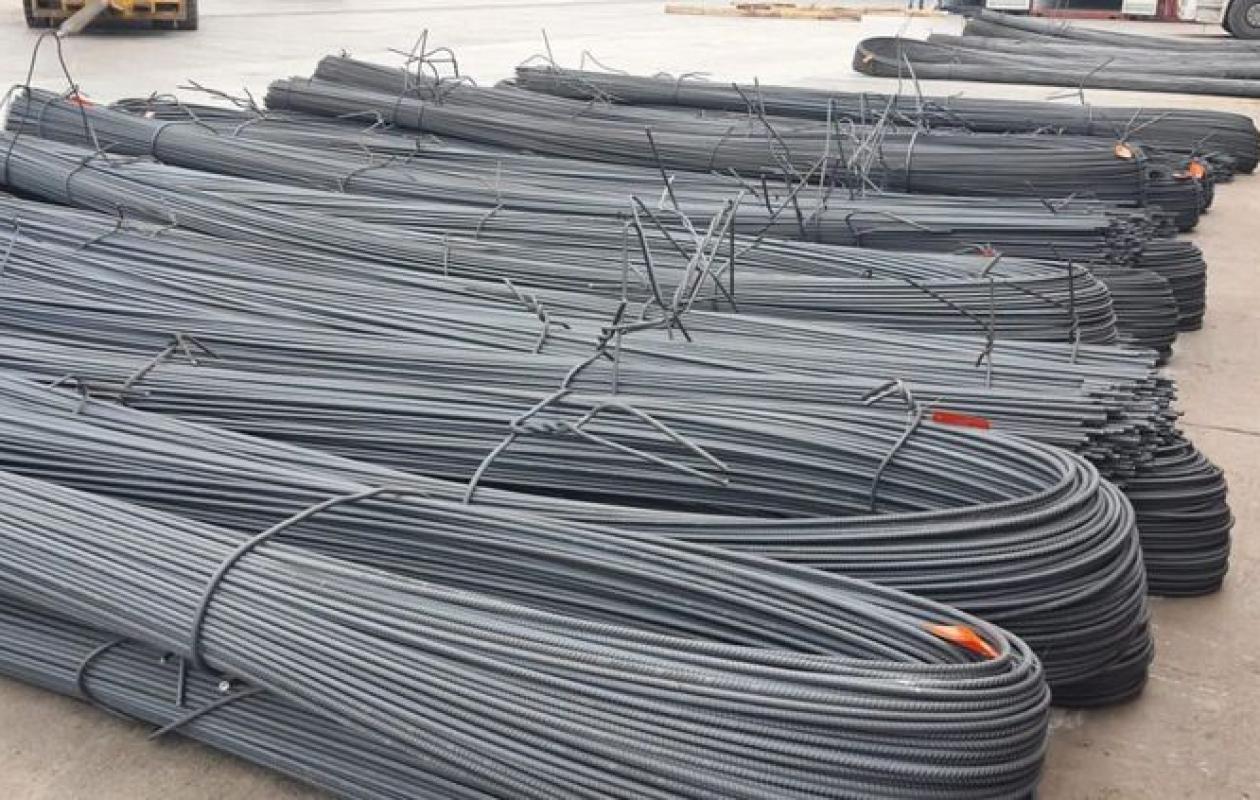
Crise du fer à béton : Près de 3 000 emplois en péril
Senegal's steel reinforcement and construction materials industry, a major economic pillar, is experiencing a profound crisis that threatens the survival of many businesses and nearly 3,000 direct jobs. The sector is caught between a slowdown in local demand and fierce foreign competition.
The slowdown in construction, combined with the fall in international steel prices, would have favoured the massive arrival on the Senegalese market of very low-cost imported products.
These foreign materials, sometimes considered to be of inferior quality, are sold at prices that local producers cannot match, a phenomenon akin to dumping. An industry source explains that this situation complicates the sale of domestic products and directly impacts employment for workers and scrap metal dealers.
Despite Senegal achieving self-sufficiency in reinforcing steel, domestic factories are now operating at less than 30% of their capacity. This chronic underutilization threatens the sustainability of hundreds of jobs in rolling mills and wire drawing plants.
Faced with this risk of collapse, industry players, who represent heavy investments and thousands of direct and indirect jobs, are calling for rapid government intervention.
Several experts believe that Senegal could draw inspiration from regional examples. Mauritania and Guinea have indeed opted to establish tariff barriers to protect their domestic producers against low-priced imports.
According to stakeholders, without similar protective measures, the rebar industry risks collapse with major economic consequences.
Commentaires (12)
Diomaye moy Sonko
Nous qui nous avertions n9us percevons bien nos salaires. Payez le prix de vos insultes. Une nation ce n'est une Asc
Cette guerre les amène à proposer des produits de mauvaise qualité.
Diamètre non respecté, par exemple 1 tonne achetée chez les producteurs amenée au pont bascule donnera entre 700 kg et 900 kgs.
Je crois que le journaliste a écrit il y a deux an mais vient de publier ou bien cest un article commandé kekh kekh kekh
Mr le journaliste vous devez avoir plus de détails sur une anomalie pareille. Même la banane locale a fait arrêter les importations.
Je pense que l'article ne nous dit pas tout.
Fer de 10 qui fait 8
Fer de 12 qui fait 10
Et vous vous demandez pourquoi on achète du fer importe qui lui est conforme.
Participer à la Discussion
Règles de la communauté :
💡 Astuce : Utilisez des emojis depuis votre téléphone ou le module emoji ci-dessous. Cliquez sur GIF pour ajouter un GIF animé. Collez un lien X/Twitter, TikTok ou Instagram pour l'afficher automatiquement.